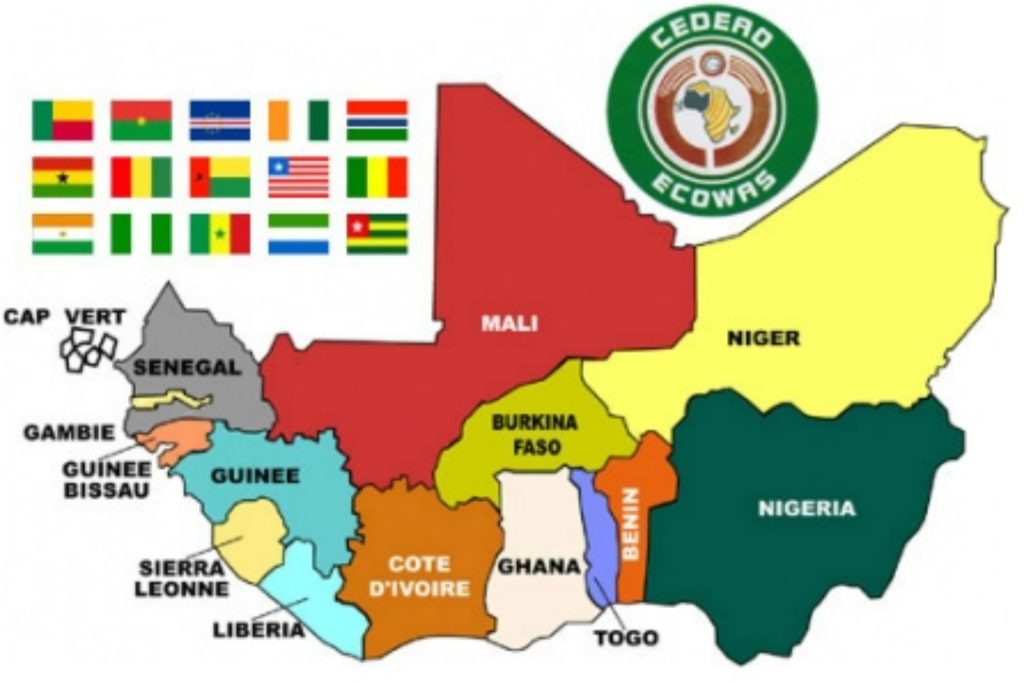Mali, Burkina Faso, and Niger Republic have formally exited the Economic Community of West African States (ECOWAS), alleging that the regional bloc’s decisions are being unduly influenced by foreign powers. The three countries, currently under military rule, released a joint statement accusing ECOWAS of deviating from the principles set by its founding fathers, nearly 50 years after its establishment.

Prior to this development, ECOWAS consisted of 15 member states, including Benin, Burkina Faso, Cabo Verde, Cote d’Ivoire, The Gambia, Ghana, Guinea, Guinea-Bissau, Liberia, Mali, Niger, Nigeria, Senegal, Sierra Leone, and Togo. The primary objective of ECOWAS is to promote economic cooperation among member states, aiming to improve living standards and foster economic development in the region. Additionally, ECOWAS has worked towards addressing security challenges by establishing a peacekeeping force to manage conflicts within the region.
Mali, Burkina Faso, and Niger Republic have accused ECOWAS of neglecting their pleas for assistance in combating terrorism and escalating insecurity. In a joint communiqué broadcast on national television in each of the three countries, the leaders asserted that ECOWAS had become a threat to its founding members.
The withdrawal of these three nations has raised concerns about the future direction of ECOWAS and its ability to address security and economic challenges in the West African region. The exit underscores the complex geopolitical dynamics at play and the difficulties in maintaining regional cooperation amid divergent national interests and foreign influence.















